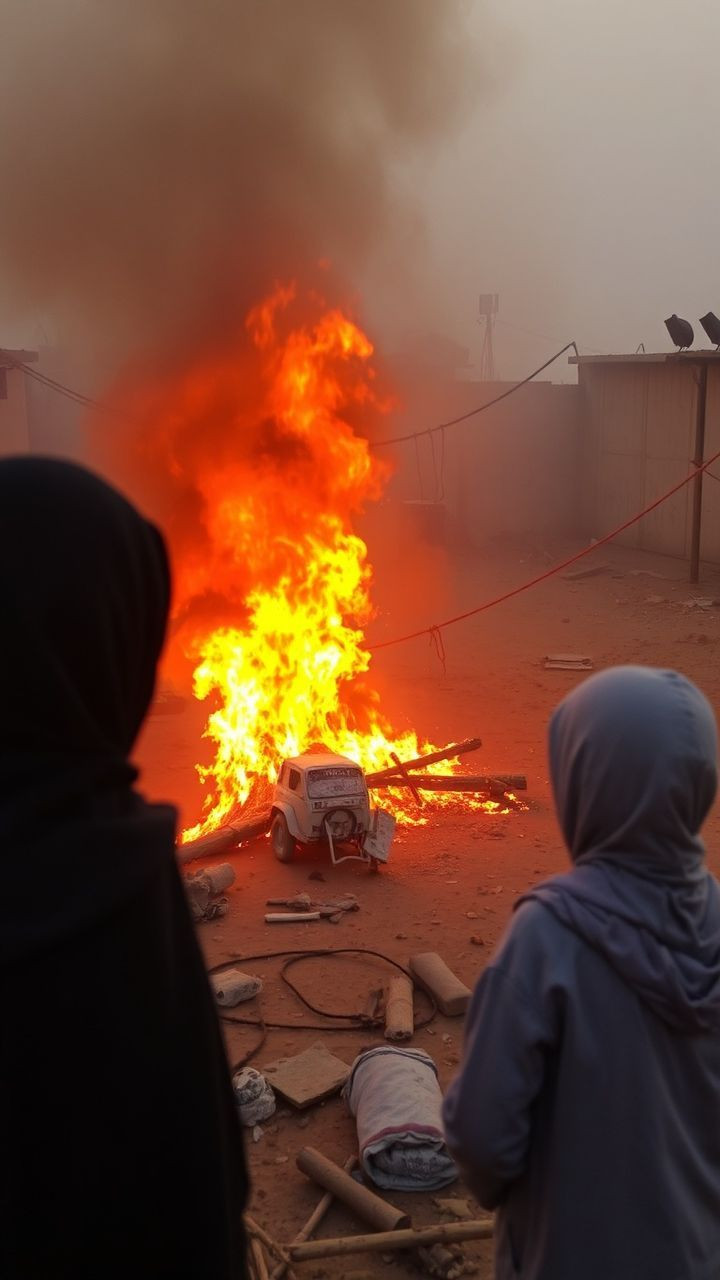
"FAQ: The Revival of "Manifest Destiny" and Its Implications on International Relations
"FAQ: The Revival of "Manifest Destiny" and Its Implications on International Relations
Here is the revised blog post:FAQ: The Revival of "Manifest Destiny" and Its Implications on International RelationsAs religious leaders, it's essential to stay informed about current events and their implications on our faith and values. President Donald Trump's recent revival of the concept of "Manifest Destiny" has raised concerns among many, including the potential for territorial expansion and its impact on international relationships. In this FAQ, we'll address common questions and provide insight into the history and implications of this concept.Q: What is Manifest Destiny?A: Manifest Destiny was a 19th-century ideology that believed the United States was divinely destined to expand its territory from sea to shining sea. This belief justified the forced relocation of Native Americans, the Mexican-American War, and the acquisition of lands through treaties and military conquest.Q: How does Trump's revival of Manifest Destiny align with his religious beliefs?A: As a self-proclaimed Christian, President Trump often invokes divine intervention in his speeches and actions. His vision for America includes territorial expansion, which echoes the original Manifest Destiny ideology. This combination of nationalism, religiosity, and territorial ambition raises concerns about the potential consequences on international relationships and global stability.Q: What are some historical examples of Manifest Destiny in action?A: In the 19th century, the United States expanded its territory through the forced relocation of Native Americans, the Mexican-American War, and the acquisition of lands through treaties and military conquest. The Trail of Tears, where thousands of Native Americans were forcibly relocated from their ancestral lands to Indian Territory (present-day Oklahoma), is a poignant example of Manifest Destiny's devastating consequences.Q: How do other countries view Trump's territorial ambitions?A: Many nations are skeptical or even alarmed by President Trump's aggressive foreign policy and territorial expansion rhetoric. Canada, Greenland, and Panama have all pushed back against his claims, highlighting the dangers of revisiting a historical ideology that has been discredited as outdated and harmful.Q: How can we, as religious leaders, respond to this revival of Manifest Destiny?A: As people of faith, it's essential to recognize the implications of President Trump's actions on our values and principles. We should: Encourage peaceful coexistence and dialogue between nations Advocate for respect for international borders and the sovereignty of other countries Promote education and awareness about the history of Manifest Destiny and its consequences Support efforts towards reconciliation and healing with indigenous communitiesQ: Can we still learn from the lessons of Manifest Destiny?A: Yes, we can. While the ideology of Manifest Destiny is outdated and harmful, its legacy serves as a cautionary tale about the dangers of unchecked nationalism and territorial expansion. By acknowledging these mistakes, we can work towards creating a more peaceful and just world where all nations are treated with respect and dignity.In conclusion, President Trump's revival of Manifest Destiny is a concerning development that requires our attention and response. As religious leaders, it's crucial that we stay informed, advocate for peace and international cooperation, and promote education and awareness about the history and consequences of this ideology. By doing so, we can work towards creating a brighter future where all nations can thrive in harmony.Keywords: Manifest Destiny Donald Trump Territorial expansion Nationalism International relationships Religious beliefs Historical examples Consequences Peaceful coexistence


